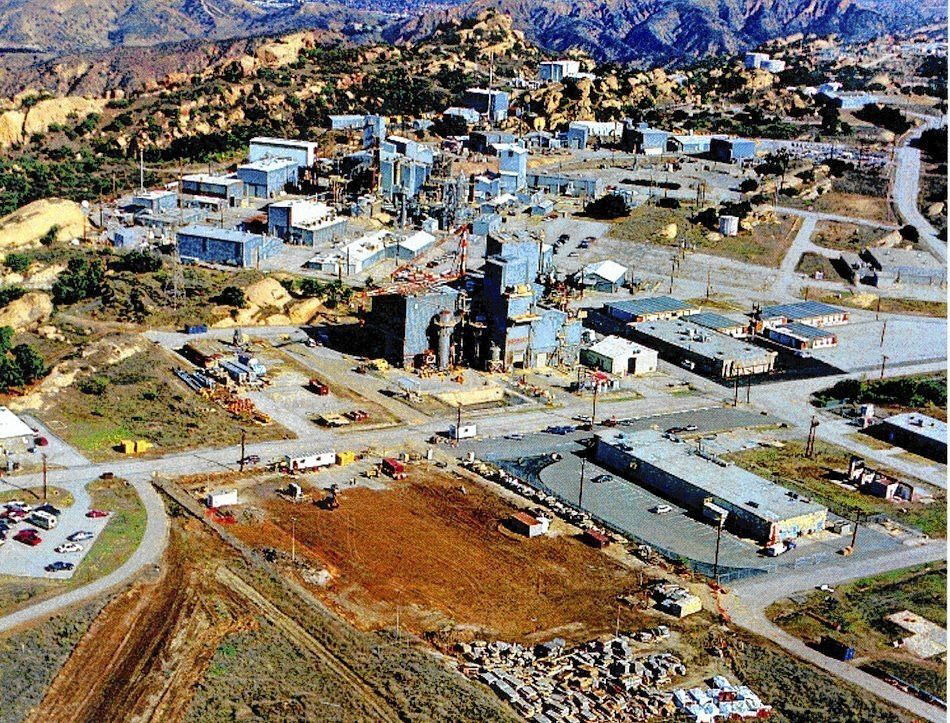
Beginning in the 1940s the federal government conducted rocket and nuclear testing activities at the Santa Susana Field Lab in Ventura County with substantial disregard for the environment. One of its nuclear reactors experienced a partial nuclear meltdown in 1959, and two other reactors experienced accidents with significant fuel damage, causing releases of radioactivity into the air.
In addition to napalm and dioxin incineration in open-air burn pits, dumping of over 500,000 gallons of trichloroethylene and perchlorate, and other contamination from over the 50 years of operations, the site has been left highly polluted with radioactive and chemical contaminants. The parties responsible for cleaning up the Santa Susana Field Lab are: The Department of Energy (DOE), National Aeronautics and Space Administration (NASA), and the Boeing Company.
In 2010, a legally binding cleanup agreement called the Administrative Orders on Consent (AOC), were entered into by NASA and the Department of Energy with the California Department of Toxic Substances Control. The AOC requires all of the detectable radioactive and chemical contamination at their Santa Susana Field Lab operations be cleaned up to background levels similar to those before the site was contaminated.
The DOE released their Draft Environmental Impact Statement in January 2017. However, the Environmental Impact Statement does not analyze the impacts of cleaning the site to levels stipulated in the AOC. Instead, 500,000 cubic yards of soil, some with known significant chemical and radiological contamination covered by the AOC, are exempted from remediation.
There were three options analyzed in the Draft Environmental Impact Statement. Option 1 proposes to leave up to 39% of the contamination – over 1/2 million cubic yards on site. This exposes future users of the site and those in proximity to its runoff to an unacceptable risk of future cancers and other maladies. This is NOT, as the document suggests, compliant with the Administrative Order on Consent. Even more untenable, Options 2 and 3 leave up to 91% and 99% of pollution on site, respectively.
This week, the City Council voted to support Councilmember Mitchell Englander’s motion to send the following comments from the City of Los Angeles:
We have worked on this issue for years and have witnessed too many “clusters” of rare and extremely rare childhood cancers in proximity to the Field Lab site. Enough is enough. The site needs to be cleaned up once and for all.